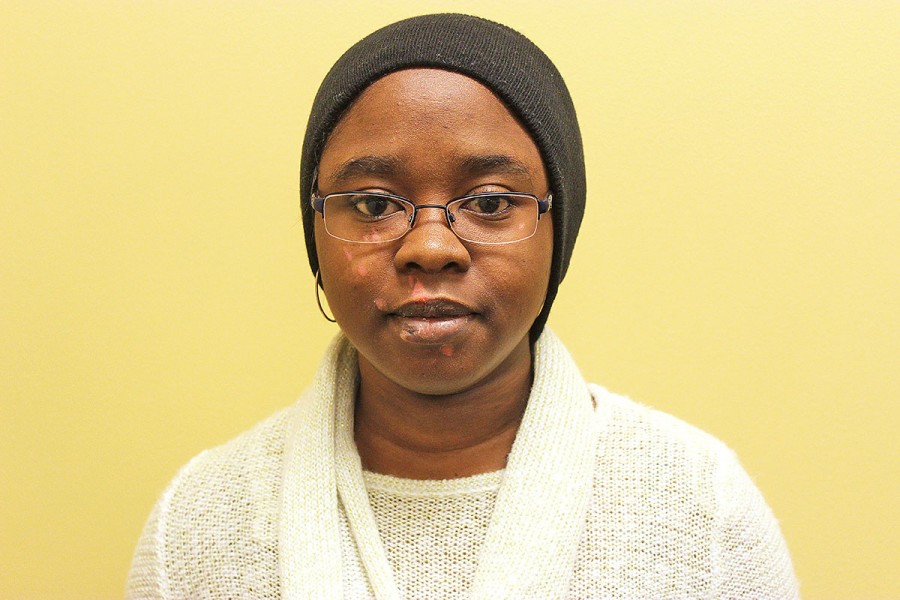Gbedey: The truth about African voodoo
Voodoo, also spelled Vodou or Vodun, is a very old West African religion practiced by more than 30 million people in Benin, Togo, Ghana and Nigeria. There are several varieties of Voodoo in existence in other parts of the world like Haiti, the southern United States and the Caribbean islands.
The word ‘vodun’ comes from West African languages and means ‘spirit’ which is appropriate as Voodoo is a religion of spirits, perceived by Westerners as a dark, mysterious religion that revolves around animal sacrifices, casting harmful spells and using dolls to hurt others. This depiction of Voodoo could not possibly be further from the truth.
Belief in Voodoo crossed the Pacific Ocean during the slave trade more than 400 years ago. Believers and practitioners of the religion keep alive an oral tradition and culture that includes rites, chants and the use of a variety of voodoo supplies including dolls, candles, wooden sticks or needles.
West African Vodun has its beliefs built around spirits and other elements of divine origin which govern the human world. The hierarchy of these beings ranges from major gods governing the elements, as well as human society. One god is recognized as the Supreme Being, the creator of the Universe, of mankind and of all that exists. He is referred to as Mawu. This notion of a Supreme God existed among the West African cultures well before the arrival of the great monotheistic religions like Christianity and Islam. Depending on the different ethnic groups in these parts of the world, Mawu has different names such as: Gbêdoto among the Fon people in Benin, Abosom for the Akans in Ghana and Sango for the Yoruba in Nigeria.
Many people, strangers to the intricacies of this religion, think of it as a dark one led by people wielding power to mystically damage the spirit and body. This opinion is fueled by superstitions, elaborated stories of miraculous healings, or unexplained diseases or deaths that exist among the very populations that practice Voodoo on a daily basis. However, much of voodoo practice is centered on an extensive knowledge of herbal plants and roots. Voodoo priests and priestesses are all very well educated by older priests in the curatives properties of the plethora of plants in the region as well as where to find what. They combine that knowledge with voodoo rituals to heal the body as well as the spirit.
Healing is a spiritual idea as well as a physical one, and practitioners can focus on healing a broken heart or changing a person’s luck for the better, as well as healing the body. Voodoo priests and priestesses do acknowledge that they are not all-powerful when it comes to diagnosing and healing, however, and will recommend modern medicine and treatment if they deem the situation beyond their control.
To learn more about African culture, our music, our dances or sample some of our traditional dishes, join us for African Night on April 4, in the Ingman Room of the Student Union.
Elonm Gbedey is a second-year majoring in pharmacy.






